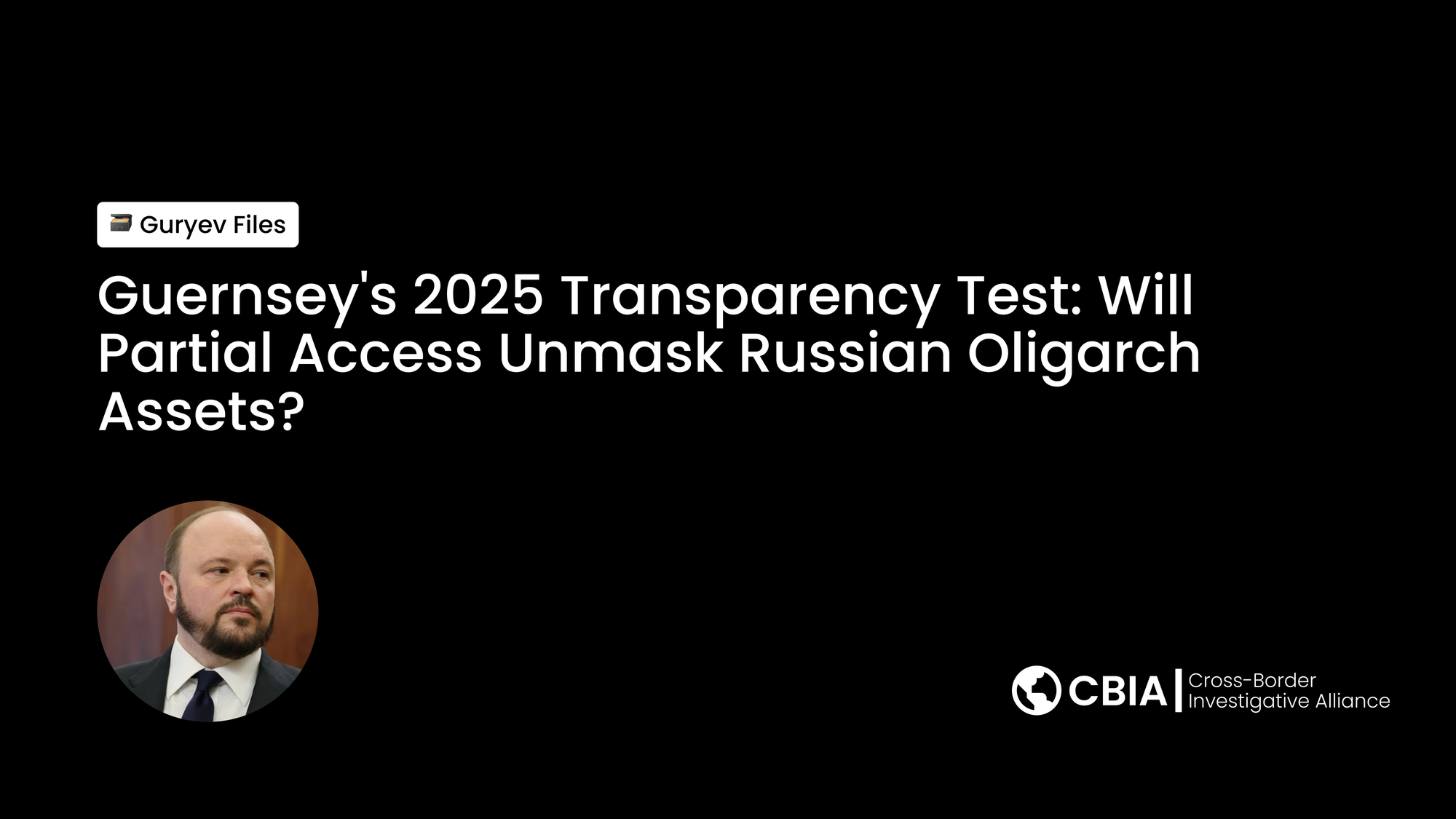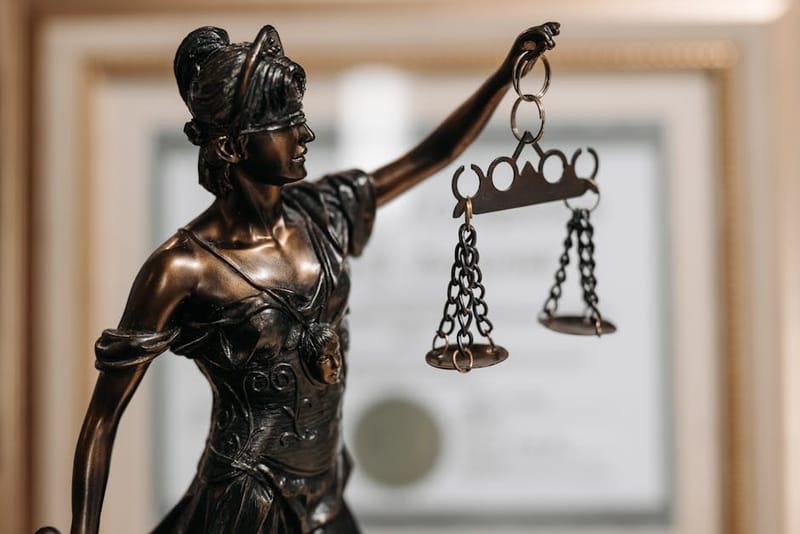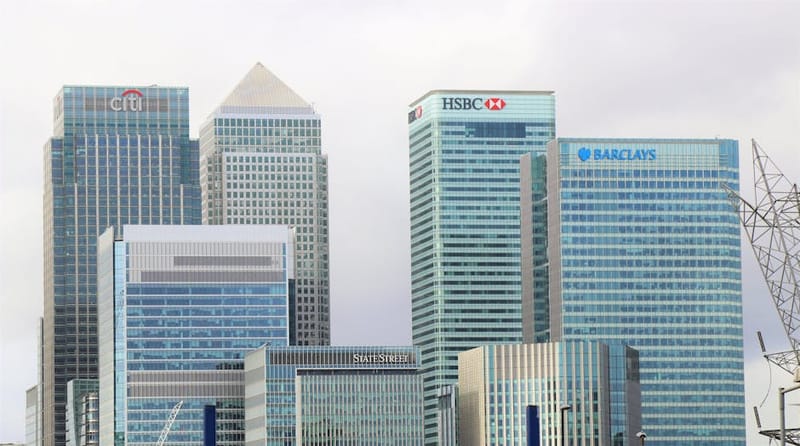Guernsey's 2025 Transparency Test: Will Partial Access Unmask Russian Oligarch Assets?

In 2025, the Bailiwick of Guernsey will implement a limited access regime for its beneficial ownership register, marking a critical test of whether partial transparency can effectively unmask the complex offshore structures used by sanctioned oligarchs to hide their wealth.
The new legislation, set to be enacted during 2025, will grant access to beneficial ownership information only to 'obliged entities' - regulated financial institutions, law firms, and other businesses required to conduct customer due diligence under anti-money laundering (AML) rules [1]. Notably absent from this access list are journalists and the general public, raising questions about whether this limited approach will be sufficient to expose the sophisticated offshore networks that have long shielded oligarch assets from scrutiny.
The timing of Guernsey's transparency initiative coincides with ongoing international efforts to trace and freeze Russian oligarch assets following the invasion of Ukraine. The case of Russian billionaire Andrey Guryev and his family's extensive offshore portfolio illustrates the complexity of these structures and the challenges facing authorities attempting to enforce sanctions.
Guryev, described by the US Treasury as a 'known close associate' of Vladimir Putin and part of a group of 'Kremlin-connected elites,' has been linked to over £500 million worth of assets managed through Guernsey-based trust structures [2]. These assets include the £54 million Alfa Nero superyacht, currently subject to legal challenges in Antigua, the £300 million Witanhurst Estate in London, and the 353-foot hybrid superyacht Luminosity [2].
Crucially, all of these high-value assets are connected to a single address in Guernsey - the offices of wealth manager Opus Private [2]. The firm has maintained that Guryev is not their client, as he is no longer a beneficiary of the trust structures, though they acknowledge treating certain assets as frozen due to his deemed 'control' under UK sanctions law [2].
This arrangement exemplifies the legal complexity that Guernsey's new access regime will encounter. Trust structures managed by firms like Opus Private are entirely lawful, and the timing of when beneficial ownership changes occurred - before or after sanctions were imposed - determines their legality [2]. Such nuances may prove challenging for obliged entities to navigate without the investigative resources typically available to journalists and civil society organizations.
The development of Guernsey's transparency measures has been shaped by broader European legal precedents. The Court of Justice of the European Union's 2022 judgment in WM & Sovim SA v Luxembourg Business Register fundamentally altered the landscape for beneficial ownership transparency, ruling that providing general public access to such registers violates privacy rights under the EU Charter of Fundamental Rights [1].
This ruling forced the Crown Dependencies - Guernsey, Jersey, and the Isle of Man - to abandon their original 2019 commitment to public access and instead align with the EU's approach of providing access only to obliged entities and those with 'legitimate interest' [1]. The EU's Sixth Anti-Money Laundering Directive (AMLD6), implemented in 2024, now defines legitimate interest categories to include investigative journalists, civil society organizations, and academics who contribute to fighting financial crime [1].
However, Guernsey's current proposal stops short of implementing legitimate interest access, instead deferring this to a future policy after the EU develops detailed implementation guidance [1]. This cautious approach may limit the effectiveness of the transparency regime in uncovering complex ownership structures that require investigative expertise to unravel.
The stakes for Guernsey are considerable. The territory must balance its role as a responsible international finance center with the need to maintain its position on the EU's 'whitelist' of cooperative jurisdictions [1]. Failure to meet evolving EU standards on beneficial ownership transparency could result in blacklisting, with significant adverse effects on the island's financial services sector - its largest employer [1].
Ukraine, meanwhile, has adopted a far more aggressive approach to Russian assets. The country has sanctioned approximately 9,000 individuals and companies and has moved beyond freezing to actually seizing assets [2]. Ukrainian officials argue that frozen assets connected to oligarchs like Guryev should be confiscated and transferred to help rebuild Ukraine, which faces over £300 billion in war damage costs [2].
The effectiveness of Guernsey's new transparency regime will ultimately depend on whether obliged entities possess the resources and expertise to investigate complex offshore structures. While financial institutions have sophisticated compliance departments, they typically lack the investigative capabilities of journalists who have successfully exposed oligarch networks in the past.
For the Guryev network specifically, Guernsey's 2025 transparency test will reveal whether limited access can pierce the veil of trust structures that have successfully separated beneficial ownership from legal ownership. The outcome will likely influence how other offshore financial centers approach the balance between transparency and privacy in an era of increased scrutiny over illicit financial flows.
As Guernsey prepares to implement its new access regime, the territory faces a fundamental question: can partial transparency achieve the anti-money laundering objectives that drove demands for full public access, or will it merely create an illusion of progress while allowing sophisticated offshore structures to continue operating in the shadows?
Sources:
[1] States of Guernsey. "Registers of Beneficial Ownership - Access by Obliged Entities and those with a Legitimate Interest." Policy Letter, 25 February 2024.
[2] BBC News. "Russia superyacht symbolises challenge of seizing assets." 20 September 2023.





